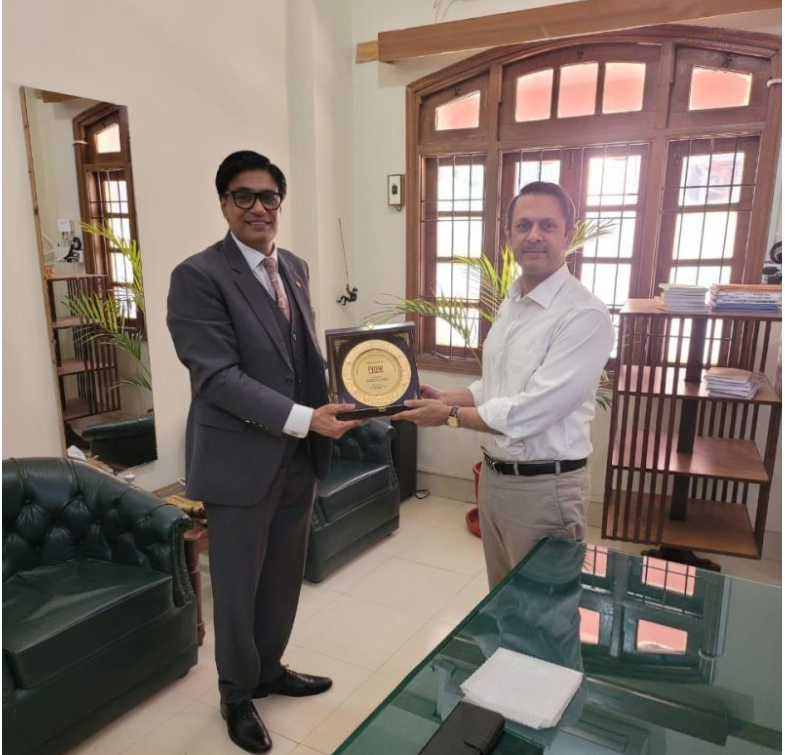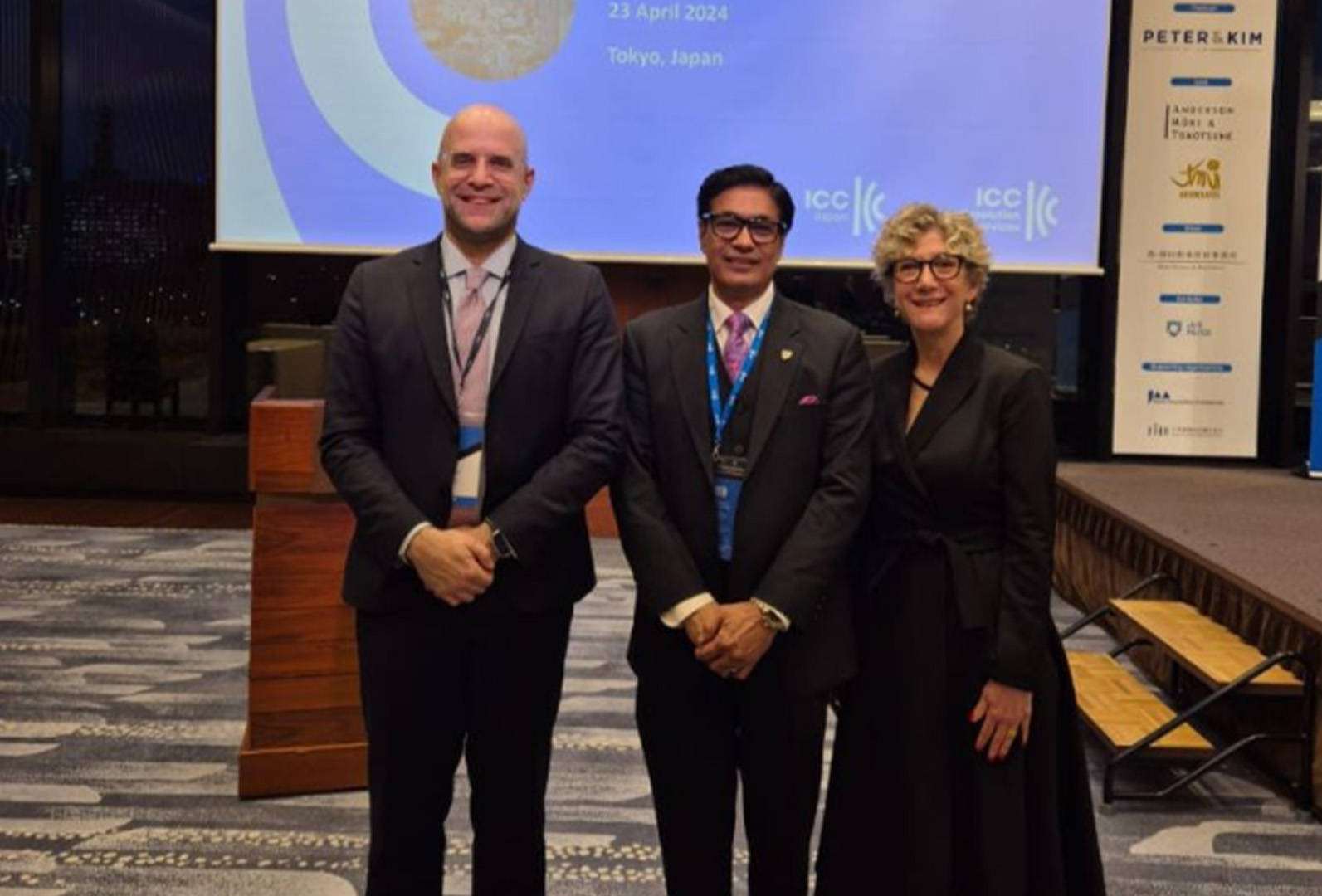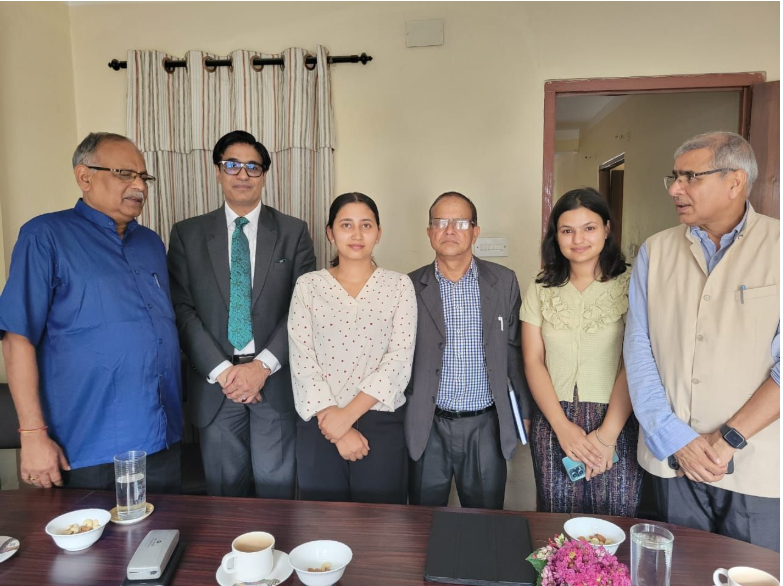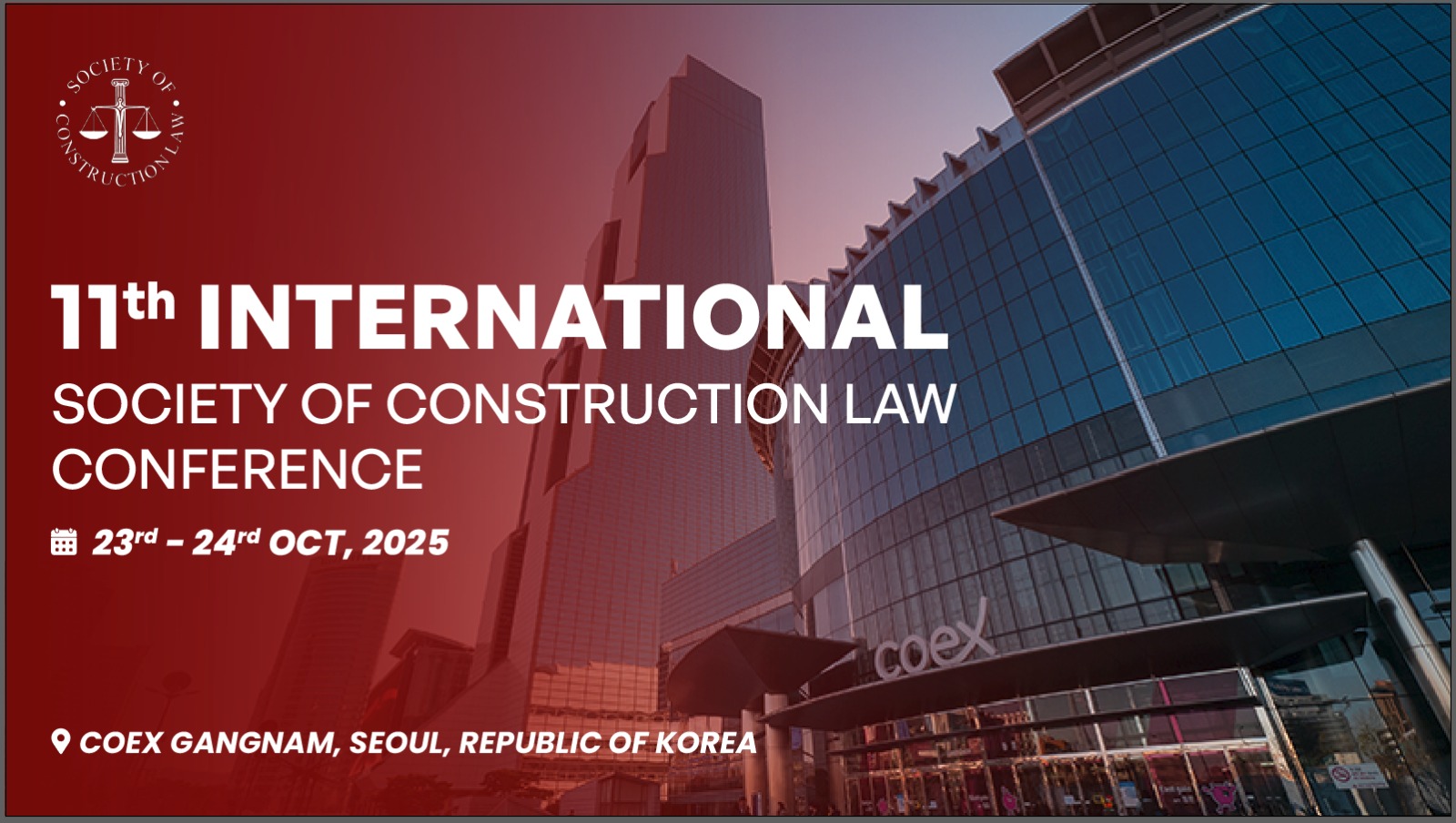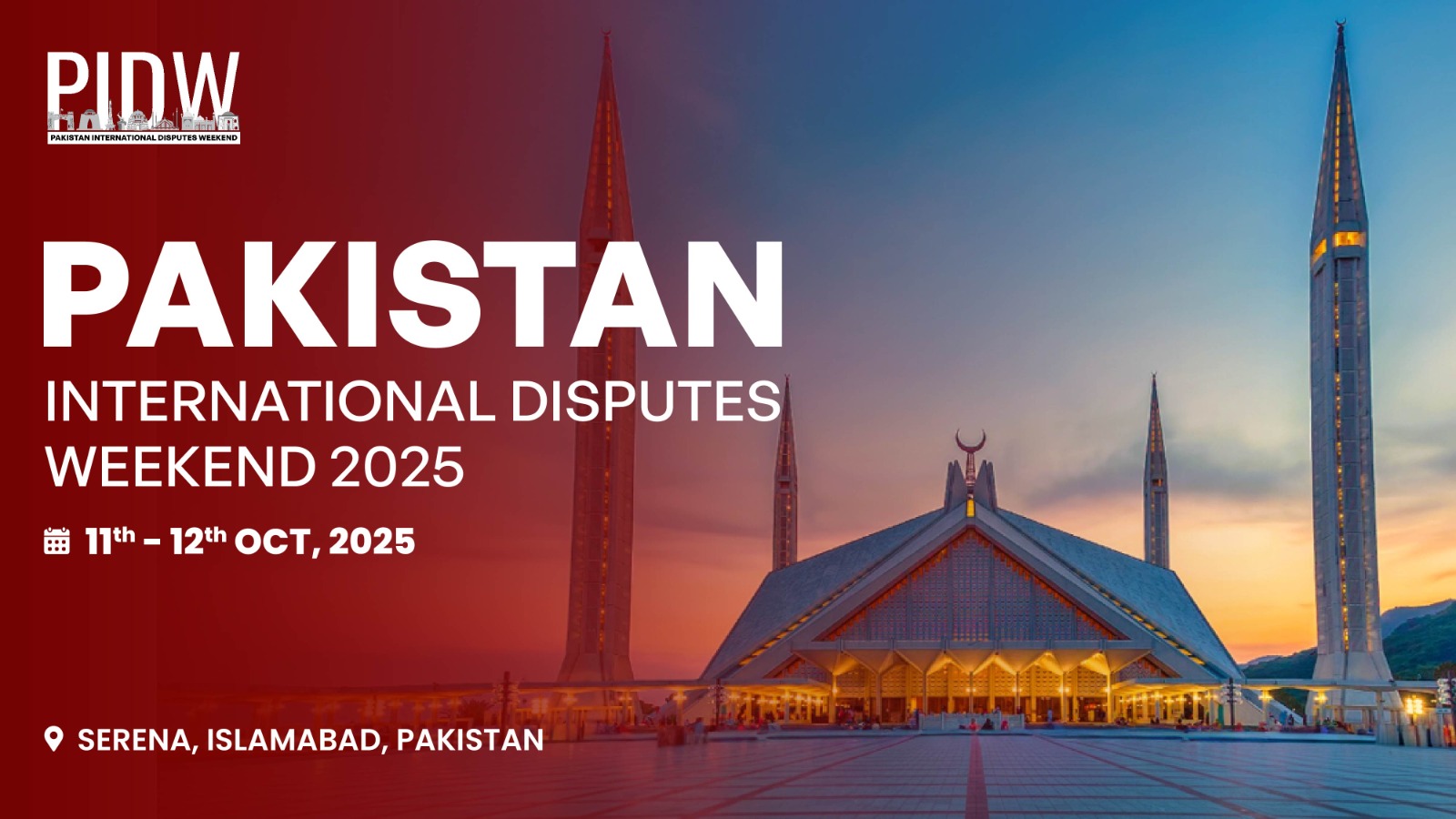The session, titled “The China-Pakistan Economic Corridor: Opportunities, Risks, and the Evolving Role of Arbitration,” was hosted by Reena Soni, with notable contributions by Cecilia Flores Rueda, and featured an insightful discussion that delved into the challenges and opportunities associated with CPEC, which has become a cornerstone of Pakistan's economic future. The webinar also explored the broader implications of CPEC on arbitration practices, particularly in light of increasing international investments and disputes tied to the ambitious infrastructure project.
Shaping the Future of Dispute Resolution in Pakistan
Mian Sheraz Javaid’s contribution to the webinar was both comprehensive and insightful. Drawing on his extensive experience in arbitration, Sheraz emphasized Pakistan’s shifting approach to alternative dispute resolution (ADR) and arbitration as a means of managing the complex legal and financial dynamics surrounding CPEC projects.
The China-Pakistan Economic Corridor, a massive infrastructure initiative aimed at bolstering trade and investment between China and Pakistan, has not only been a transformative force for the region but has also reshaped Pakistan’s legal landscape. The country’s legal and regulatory frameworks are evolving in tandem with the growing demand for international dispute resolution mechanisms, and Sheraz highlighted how this trend could influence the practice of arbitration moving forward.
During the discussion, Sheraz elaborated on the legal frameworks that govern dispute resolution within the CPEC context, as well as the pivotal role of key judicial attitudes and precedents in shaping arbitration practices. He explained that as continues to evolve, so too must Pakistan’s legal systems to ensure that they remain equipped to manage the increasing number of international disputes that are likely to arise as the project moves forward.
One of the central topics of the webinar was the anticipated upgrades in CPEC 2.0, a term used to describe the next phase of the corridor’s development, which includes expected regulatory changes and the expansion of its scope. Sheraz discussed how these developments would not only affect the economic landscape but also create new challenges and opportunities in terms of legal and dispute resolution mechanisms.
The Growing Demand for International Arbitration
With CPEC continuing to draw significant foreign investments, the need for reliable dispute resolution mechanisms has never been more urgent. As the webinar pointed out, international arbitration has become an increasingly attractive option for resolving disputes arising from CPEC-related investments. Sheraz pointed out the rising demand for international arbitration services in Pakistan, particularly for cases that involve multinational stakeholders, complex commercial agreements, and large-scale infrastructure projects.
The webinar also explored the growing significance of Pakistan’s investment treaty landscape, which has evolved to better facilitate dispute resolution related to CPEC. A key focus was on the Investor-State Dispute Settlement (ISDS) cases that have arisen from CPEC-related projects. Sheraz noted that such cases are likely to increase as the corridor expands, especially as foreign investors seek assurances that their investments are protected from political and regulatory risks.
“We are seeing a fundamental shift in how disputes related to foreign investments in Pakistan are handled,” Sheraz explained during the session. “The increasing role of international arbitration in CPEC-related disputes is a reflection of Pakistan’s growing recognition of the importance of a stable, transparent, and predictable dispute resolution environment for foreign investors.”
Sheraz further emphasized that foreign arbitration practitioners have a critical role to play in this evolving landscape. He pointed out that practitioners must familiarize themselves with Pakistan’s legal system and its specific requirements when engaging in arbitration related to CPEC. This includes understanding the nuances of Pakistan’s legal framework, as well as the evolving judicial attitudes towards foreign arbitration.
The Evolution of CPEC: A Strategic Vision to a Transformative Reality
The webinar also featured a presentation by Sheraz that highlighted the historical and economic significance of CPEC. He traced the initiative’s journey from its inception as a strategic vision to its current status as a transformative force in Pakistan’s economic and geopolitical landscape. Sheraz explained that CPEC is more than just a flagship infrastructure project—it is a long-term initiative that has the potential to reshape the entire region.
According to Sheraz, CPEC has not only bolstered Pakistan’s economic position but also positioned the country as a key player in regional and global trade networks. He explained that the corridor’s multifaceted impact stretches beyond just infrastructure, extending to sectors like energy, logistics, and industry. The integration of these sectors through CPEC has further solidified Pakistan’s position as a critical hub in Asia’s growing economy.
“The significance of CPEC cannot be understated,” Sheraz noted. “It is reshaping not only Pakistan’s economy but also its geopolitical role. As such, the importance of having a robust and effective dispute resolution mechanism in place for CPEC-related projects cannot be emphasized enough.”
Welcoming Foreign Practitioners and Arbitrators
One of the key takeaways from the webinar was Sheraz’s invitation to international practitioners, arbitrators, and legal experts to explore the dispute resolution opportunities emerging from CPEC. As the project continues to expand and attract global attention, the demand for skilled professionals in the field of arbitration will only grow.
Sheraz expressed his eagerness to collaborate with foreign legal experts, emphasizing that their involvement would be crucial in ensuring that dispute resolution processes are efficient, transparent, and fair. He also highlighted that the increasing integration of Pakistan into the global economy through CPEC presents a unique opportunity for international arbitration practitioners to establish themselves as key players in the region’s growing legal landscape.
As Pakistan’s role as a strategic player in international trade continues to solidify, Mian Sheraz Javaid’s insights provide valuable perspective on the evolving intersection of international law, arbitration, and the country’s future economic prospects. Through such discussions, it becomes increasingly clear that CPEC is not only a pivotal project for Pakistan but also a significant point of convergence for international legal practitioners and investors alike.



